Tag: culture wars


The rise of political violence: is it only going to get worse?
January 15, 2024 | Post
Political violence in the United States has experienced a surge in recent years. Incidents like the January 6, 2021 attack on the Capitol, Antifa rioting, and the infamous Charlottesville rally in 2017 have underscored a concerning trend.
The question that looms large is whether this surge is an isolated phenomenon or a harbinger of a darker future for the nation.
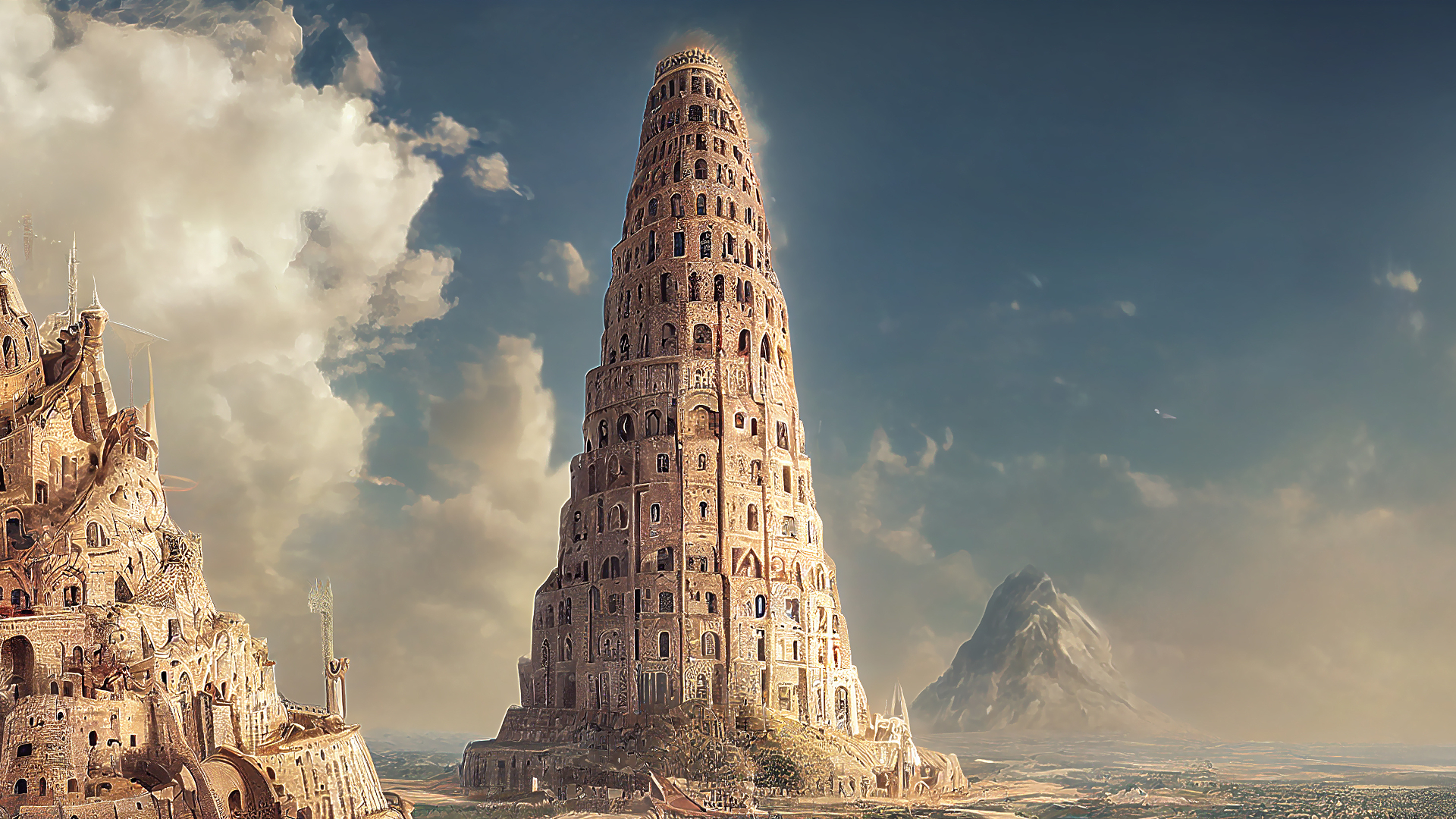
Is social media a modern-day Tower of Babel?
January 6, 2023 | Post
As social media platforms use artificial intelligence to curate users’ feeds with the content they are most likely to engage with, this erects barriers to communication among people of differing opinions.

The dangerous simplicity of polarization
December 12, 2022 | Post
We cannot claim to want a better and more tolerant world while simultaneously creating distance between ourselves and those with whom we disagree. To overcome the exercise in collective insanity that is political polarization, we must separate the politics from the individual.
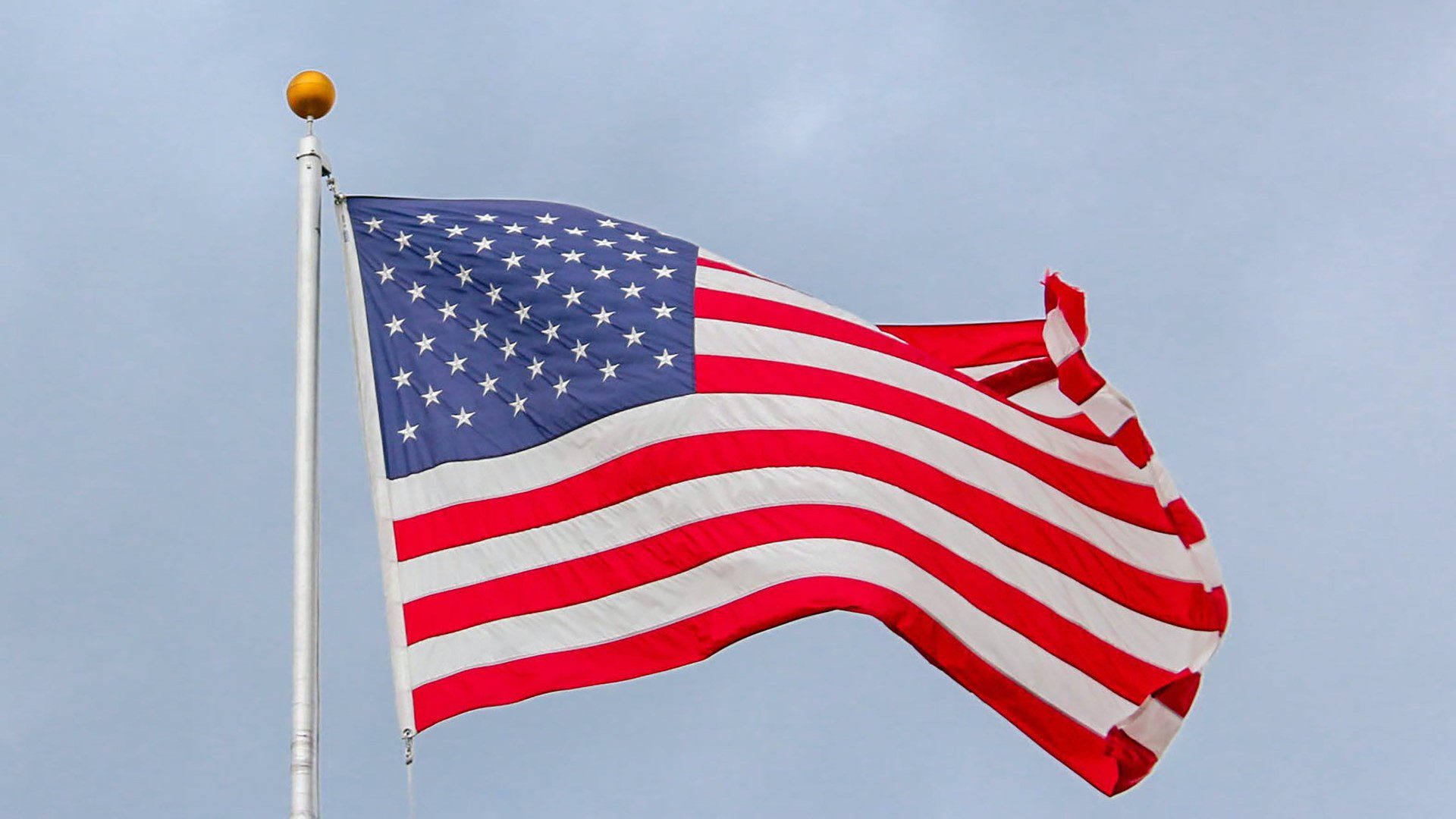
For a freer future, we must move beyond the culture war
October 6, 2022 | Post
In the hyperpartisan culture war, increasingly radical and uncompromising political factions seek to leverage division to cement their own power

Why Congress is broken
October 4, 2022 | Post
At LibertyCon International, former Congressman Justin Amash will sit down with Reason’s Katherine Mangu-Ward to discuss how a broken political process and the concentration of power in a few congressional leaders has resulted in this increased polarization and greater distrust of governing institutions.
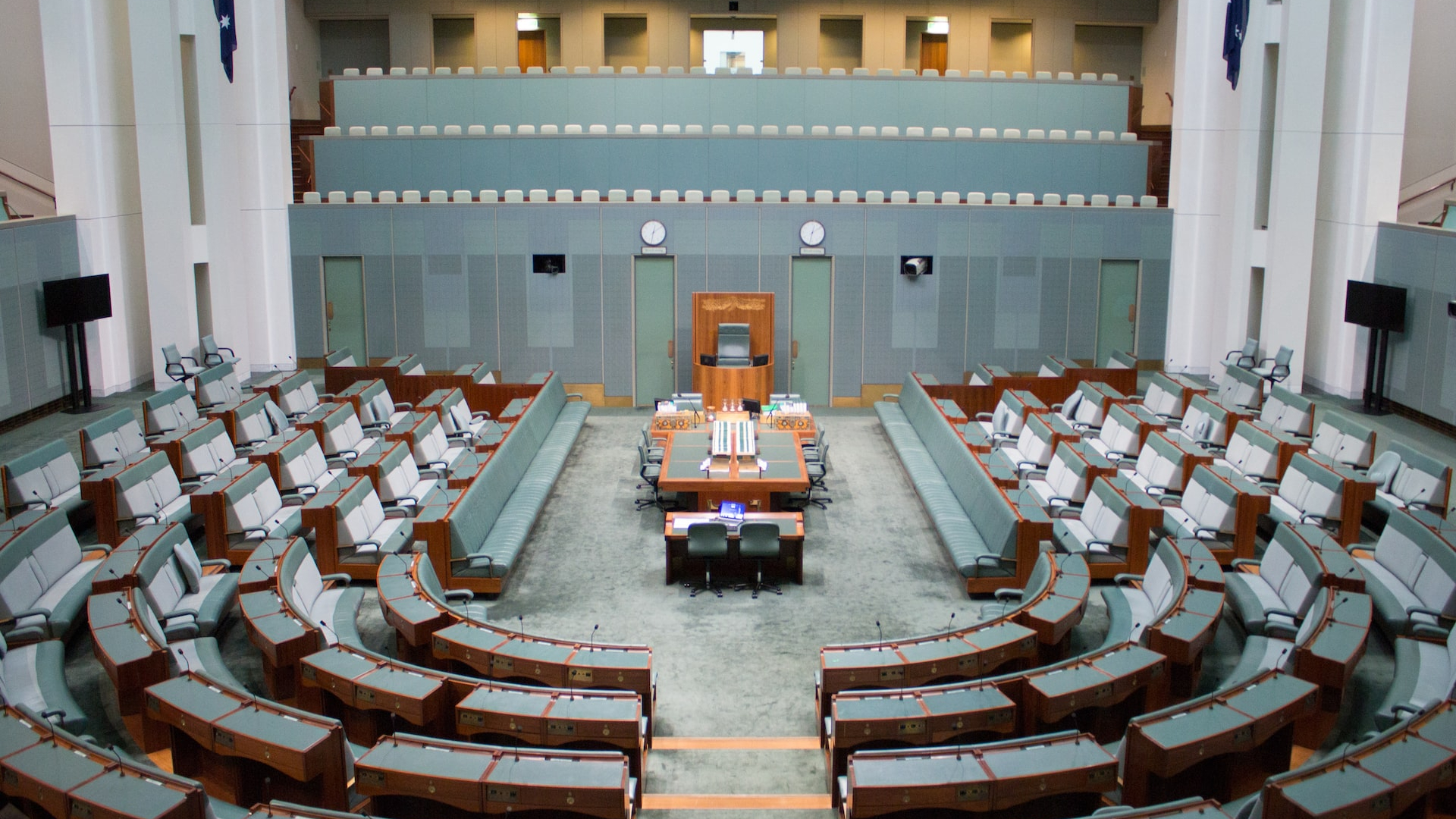
What does it mean to be left or right-wing?
September 30, 2022 | Post
It used to be very easy to define political camps. You were left-wing if you were a socialist, and you were right-wing if you were a capitalist. But now the terms of the debate have changed. Economics has taken a back seat

New battlegrounds: liberty in a time of realignment
May 25, 2022 | Post
The factions people ally with are going through a dramatic change, but what is driving this political realignment and what does it mean for liberty?
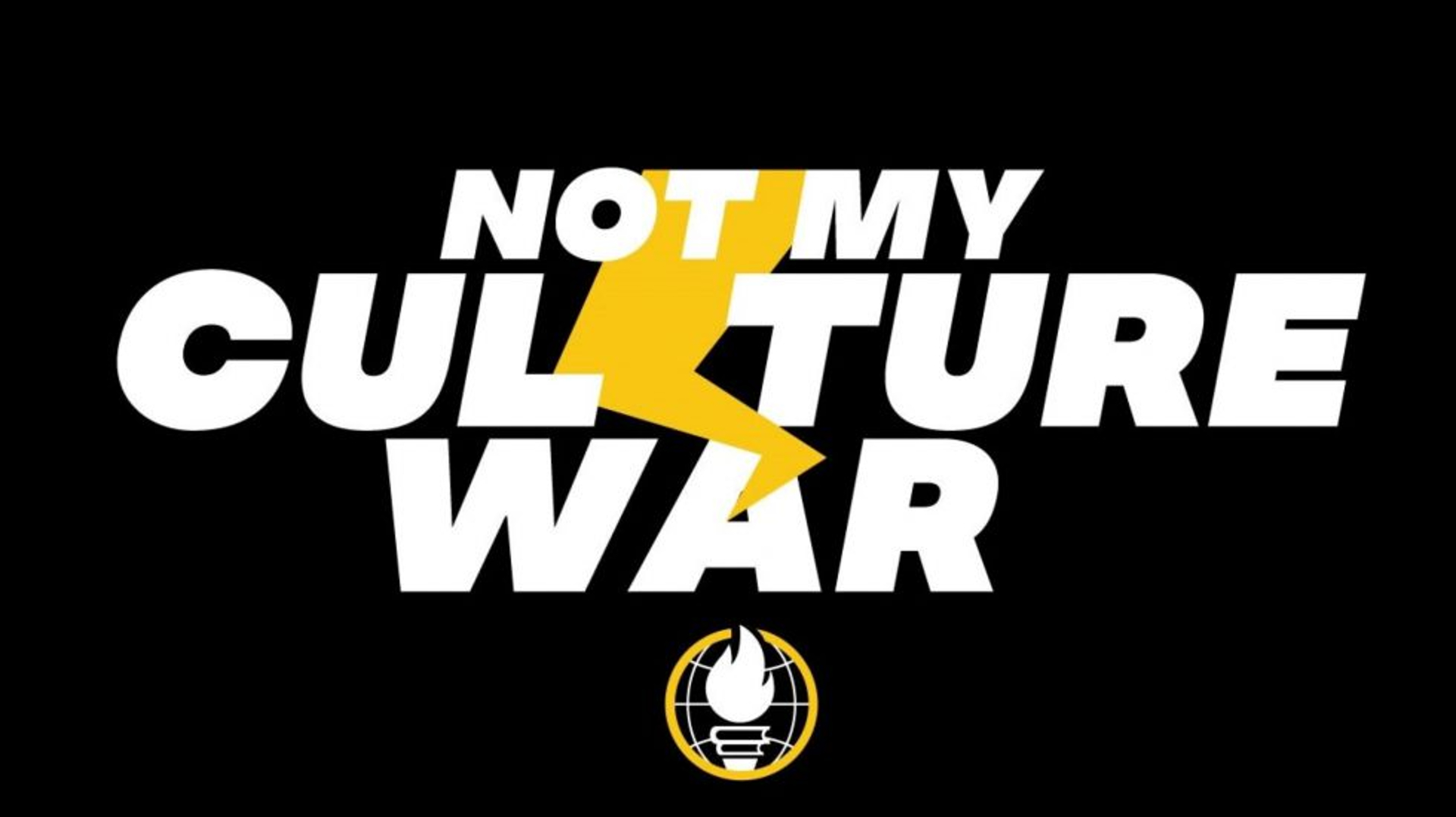
Dr. Tom Palmer: We must end the culture war
January 13, 2022 | Post
As ideologues on the left and right push their demands, there is an alternative to the culture war: the presumption of liberty. Live and let live
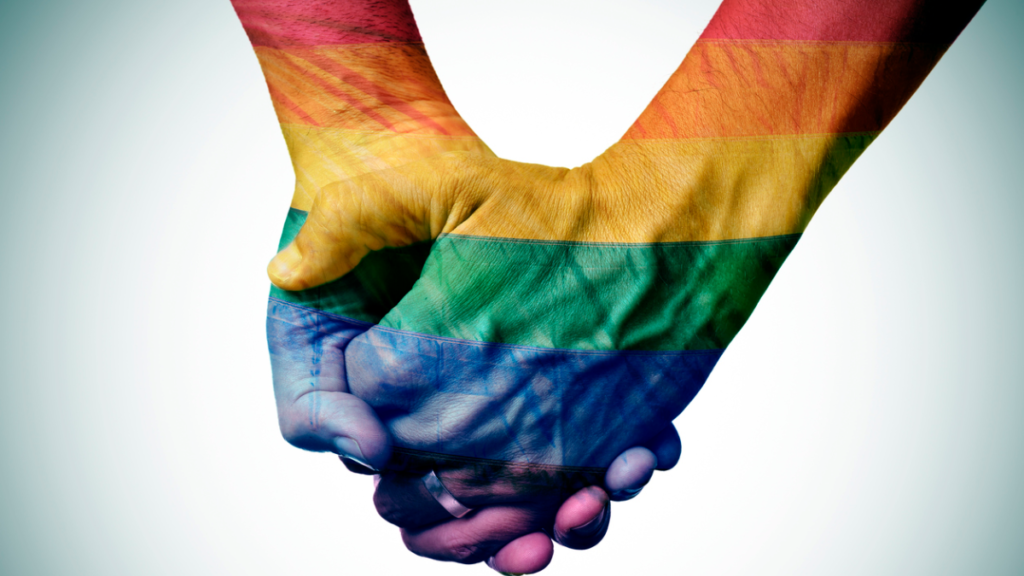
History, progress, and the fate of gay marriage
March 23, 2017 | Post
The future belongs to everyone, and the arc of the universe bends nowhere in particular.

